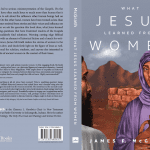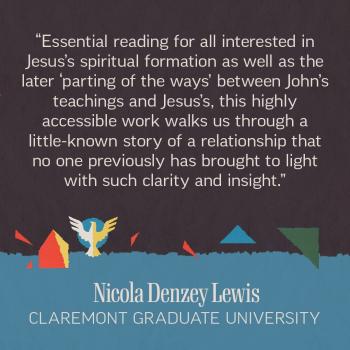I had the opportunity to talk just these past few days with Niq Ruud about his book Only Love. Here is the interview:
What led you to write Only Love?
I think initially it was story which led me to write this book—because narrative is what sticks. I grew up in rather fundamentalist Christian circles which had me inherit a worldview that elevated the stories of scripture well above the lived experience those of us living in the modern world. It was as if God only worked in and moved through ancient spaces. But, as time progressed, I began seeing God alive in my own narrative: When, while living in my car, someone gave me a key so as to shower in their new home. When, after accidentally, and quite publicly, disrespecting a teacher in high school, they displayed the item which had caused them so much pain, in their classroom, long after I had graduated. When, while exhausted after a long day in the mountains, my climbing partner tirelessly cheered me on until I reached the safety of our car. It was these and many other stories from my own life which led me to write Only Love. Because, if God moves in the world now, I think it means that our stories matter. As in your and my experiences are just as important as the experiences of those recorded in scripture—how love interacts and intersects with you and your life is just as valuable as how love interacted and intersected with ancient authors of millennia ago. And so the narratives I’ve shared in the book are ones which have helped frame who and what God is for me, and it has been my hope that they may do the same for those who read it. Sometimes we give a collection of ancient texts far more weight than we really ought. Jesus even goes so far as to bash those who think they have found God in the academic exercise of studying scripture. I think he saw the holy collection as a launching pad through which we can ground our own holy experience—not something which we worship as god.
Who are some of the thinkers that have influenced you?
I’m indebted, as we all are, to a great number of people who have greatly impacted my worldview without their ever knowing it—many of whom I’ve never met or who have already passed. They include: Abraham Joshua Heschel, for his work on the God-human connection. Brené Brown, for her scholarship on vulnerability and courage. Diana Butler Bass, for her longstanding efforts to articulate that what often seems to be a decline in religious practice in the west is instead a transformation in how people think about God. Greg Boyd, particularly for his recent work dealing with the violence attributed to God in the Hebrew Bible. Mahatma Gandhi for his staunch nonviolent rhetoric. Martin Luther King Jr for his sociopolitical ideals and dedication to liberation as a theological lynchpin. As well as Richard Rohr, for his beautiful prose—nobody writes a book quite like Rohr. They have all taught me from afar what God looks like up close; and my own voice is deeply bound to theirs.
What do you feel was your biggest unexpected discovery or “aha moment” when writing?
I suppose the biggest “aha” moment I had centered around how, up until my writing this book, I had always thought of God’s love as something which was kept in check, or even overshadowed by God’s power. But when researching for the book, all the while digging deep into my own story, I came to find God’s power as being situated squarely within God’s love. As in, at least in my present persuasion, God is all-powerful in that the love that God is can do most anything. While for many folks, this may just be semantics, the distinction here is important. The former view allows for God to operate outside of what I articulate as being God’s character (i.e. love), meaning that God can be less than wholly good. Whereas the latter view has God’s power necessarily bound by the parameters of love itself, meaning that God would then operate, as the book’s title suggests, as only love. This distinction changed everything for me and, subsequently, for the book.
What three things do you think would persuade readers of my blog that your book is one they should get, whether for themselves or as a gift for others (or both)?
If Only Love sounds like the kind of book you and/or a friend or family member would enjoy reading there is still time to get it for Christmas. If you’re among the many who have been discovering that it is too late to order from Amazon for Christmas, an ebook is a gift that can be delivered instantly to someone’s phone or ebook reader!














